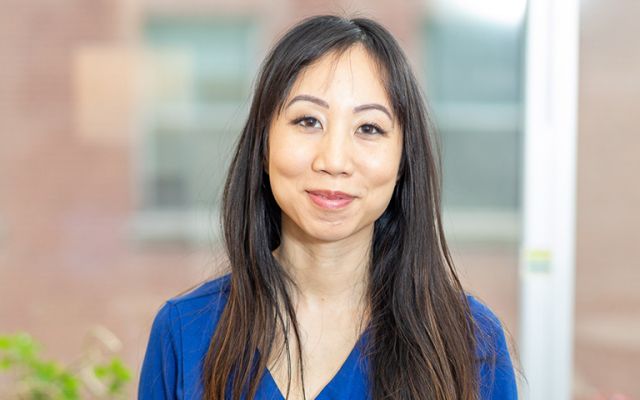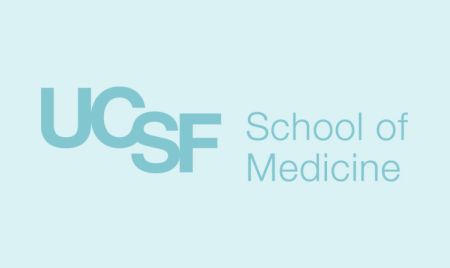Critically Reflective Practice for a Compassionate Healthcare System

Stella Ng, PhD
Critical reflection and compassion are driving forces in learner development and patient care. Academy member Mike Rabow, MD, posed two key questions to Stella Ng, PhD, a recognized scholar in this area whose keynote address, Critically Reflective Practice for a Compassionate Healthcare System, will delve deeper into these areas and the healthcare system. Her keynote kicks off UCSF's Education Showcase Plenary 1 session on Monday, May 24, from 12:30 to 4:30 pm. The UCSF Education Showcase is a week-long event highlighting scholarly work in UCSF's education community of faculty, staff, and learners. Attendees also have the opportnitiy to engage with educators and colleagues through workshops, plenary sessions, panel discussions, and mini-orals presentations.
Stella Ng, PhD, is the Director and Scientist, at the Centre for Interprofessional Education, Associate Professor, Department of Speech-Language Pathology and Institute of Health Policy, Management and Evaluation, and Wilson Centre Scientist, Faculty of Medicine, University of Toronto. She is also currently an AMS Phoenix Fellow in Compassion and AI/Digital Technology.
Can we teach compassion?
I think we can foster it, and we can (and should) certainly avoid suppressing it. Some of the ways we are taught to think and practice as health professionals can run counter to what may be "felt" as compassion by patients.
For example, in a study in the context of chronic pain, our team found that to demonstrate compassion, some practitioners must act in apology or resistance to dominant evidence-based messaging. A clinician may find that for a particular patient, it is most compassionate to validate their experience of an illness even if it is incongruent with any medical or scientific explanation.
To "give permission" to clinicians to engage in these somewhat subversive acts of compassion, we require a breadth of epistemologies in healthcare. What I mean by that is we need to create a culture of nuance in knowing, one that appreciates the inclusion of different "ways of knowing" as appropriate. When personal knowledge and experience are appropriate to be prioritized in a situation, they need to be welcomed and encouraged in health professions education and practice.
How do we build critical reflection into the busy lives and bottom-line driven environments of health care students and practitioners?
This is such a hard question! But I think the answer is that critical reflection can become a lens and orientation for everyday praxis. If we teach for and foster it effectively, it becomes our way of seeing and being and not necessarily more time-consuming.
In theory, it can also improve the bottom line. What would this look like? We'd be constantly noticing problematic assumptions, inequities, and ethical tensions and striving to fix them. We can fix these issues in simple everyday moments of practice, e.g. through a thoughtful choice of words, or a work-around for a patient.
More challenging and time-consuming, we can strive to fix these issues over the long term, through advocacy and change agency. To me the biggest challenge is not time and money, the biggest challenge is to maintain our own criticality upon our criticality as "critical reflection" becomes the rule rather than an exception. As Brookfield says, we must never fall into overconfidence that we've found the one universal truth about good practice.
This humility may be the antidote to inadvertently reproducing the same problems in a different form and is the often-overlooked crux of critical reflection.








